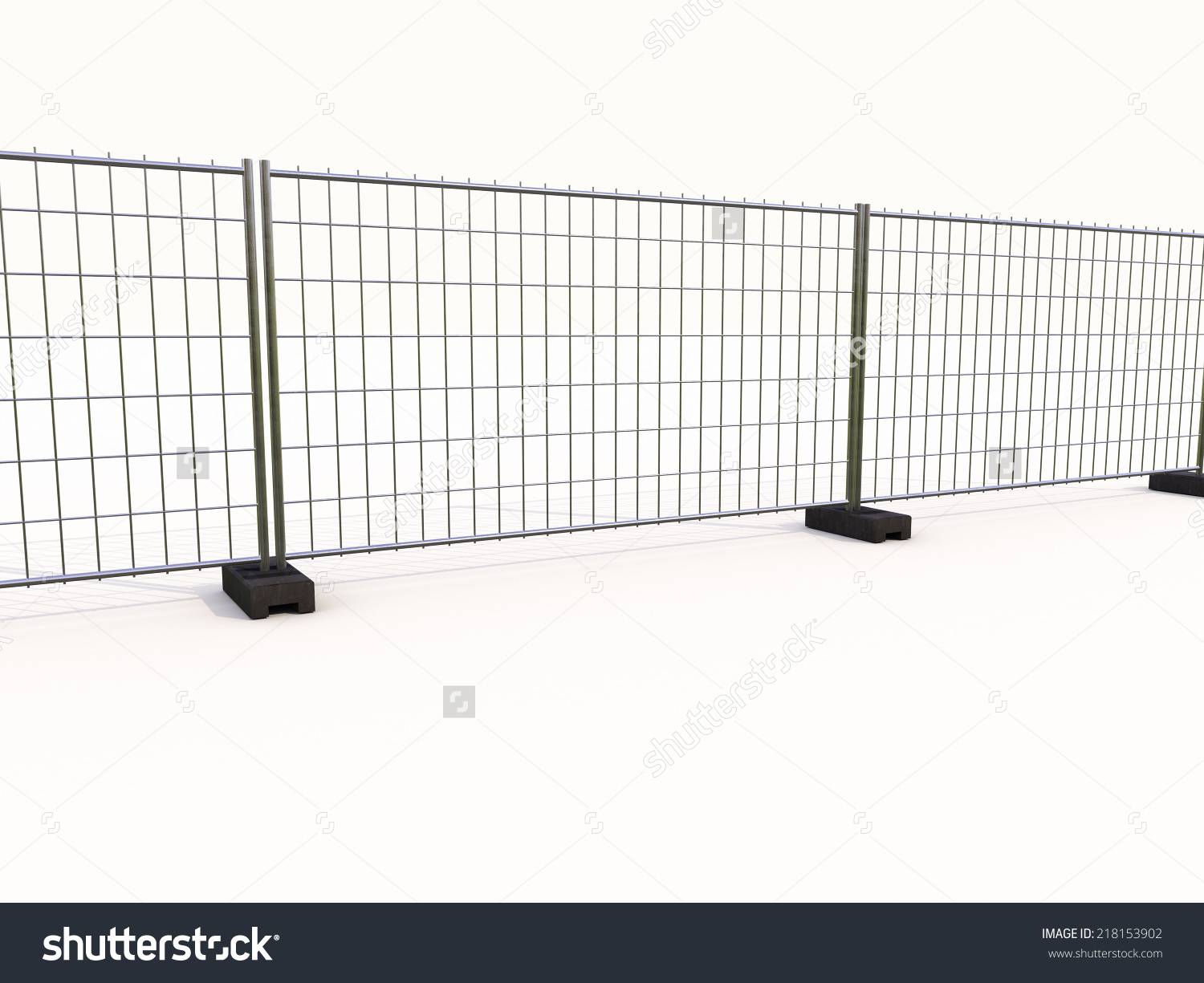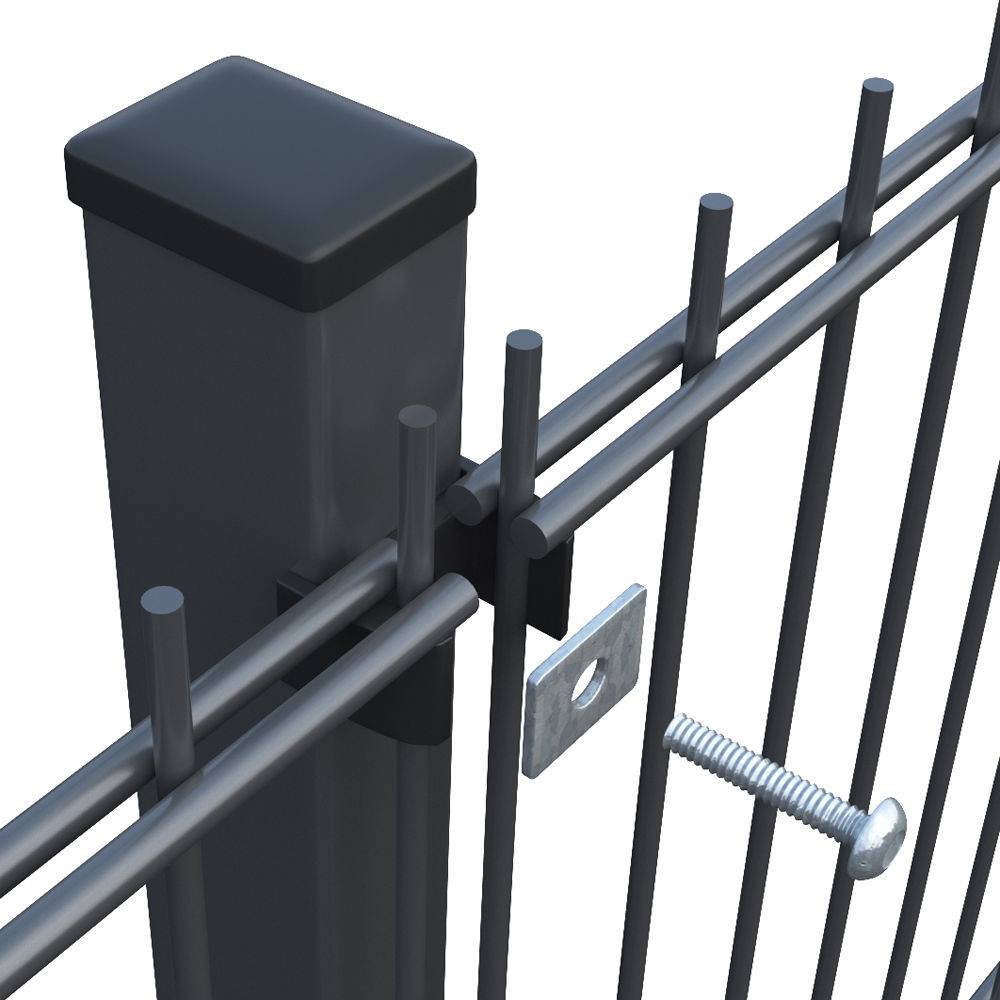

- Afrikaans
- Albanian
- Amharic
- Arabic
- Armenian
- Azerbaijani
- Basque
- Belarusian
- Bengali
- Bosnian
- Bulgarian
- Catalan
- Cebuano
- China
- China (Taiwan)
- Corsican
- Croatian
- Czech
- Danish
- Dutch
- English
- Esperanto
- Estonian
- Finnish
- French
- Frisian
- Galician
- Georgian
- German
- Greek
- Gujarati
- Haitian Creole
- hausa
- hawaiian
- Hebrew
- Hindi
- Miao
- Hungarian
- Icelandic
- igbo
- Indonesian
- irish
- Italian
- Japanese
- Javanese
- Kannada
- kazakh
- Khmer
- Rwandese
- Korean
- Kurdish
- Kyrgyz
- Lao
- Latin
- Latvian
- Lithuanian
- Luxembourgish
- Macedonian
- Malgashi
- Malay
- Malayalam
- Maltese
- Maori
- Marathi
- Mongolian
- Myanmar
- Nepali
- Norwegian
- Norwegian
- Occitan
- Pashto
- Persian
- Polish
- Portuguese
- Punjabi
- Romanian
- Russian
- Samoan
- Scottish Gaelic
- Serbian
- Sesotho
- Shona
- Sindhi
- Sinhala
- Slovak
- Slovenian
- Somali
- Spanish
- Sundanese
- Swahili
- Swedish
- Tagalog
- Tajik
- Tamil
- Tatar
- Telugu
- Thai
- Turkish
- Turkmen
- Ukrainian
- Urdu
- Uighur
- Uzbek
- Vietnamese
- Welsh
- Bantu
- Yiddish
- Yoruba

Sound Barrier Road Solutions Durable Noise Reduction for Highways & Cities
Did you know 85% of urban residents report sleep disruption from traffic noise? With 6.3 million miles of roads in the U.S. alone, conventional asphalt simply can't contain the roar. That's where sound barrier road
technology becomes your neighborhood's superhero - reducing noise pollution by 15-25 decibels while you drive right through the solution.
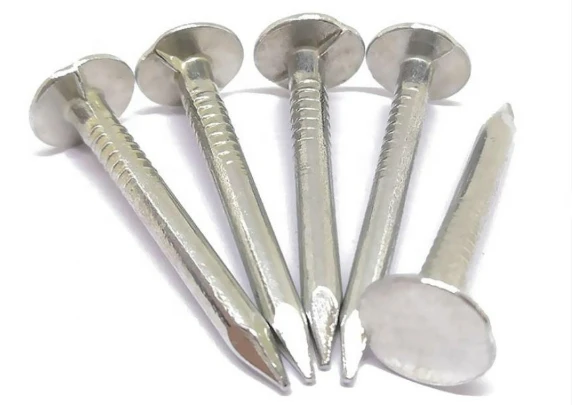
(sound barrier road)
Engineering Excellence: Why Our Road Sound Barriers Outperform
Our road noise sound barrier systems use nano-porous concrete (NPC-7X) that absorbs 92% of sound waves. Compared to traditional walls, our solution:
- ✓ 50% thinner profile (8" vs 16")
- ✓ 3x faster installation
- ✓ 25-year warranty
- ✓ Customizable finishes
Head-to-Head: Sound Barrier Road Solutions Compared
| Feature | UrbanShield Pro | Competitor A | Competitor B |
|---|---|---|---|
| Noise Reduction (dB) | 28-32 | 18-22 | 15-20 |
| Maintenance Cost/Yr | $120 | $450 | $380 |
Your Road, Your Rules: Custom Sound Barrier Solutions
Whether you need road sound barrier solutions for highways (85 dB reduction needed) or residential streets (55 dB target), our modular system adapts to:
- ✓ Curved roadways
- ✓ Extreme weather (-40°F to 120°F)
- ✓ Architectural aesthetics
- ✓ Budget constraints
Transforming Cities: Real-World Sound Barrier Road Success
Seattle's 5th Avenue project saw 68% noise reduction within 30 days. How? Our sound barrier road installation during routine repaving cut complaints by 83%.
Ready for Quieter Roads?
Join 347 municipalities who silenced their streets last year. Our team will design your road noise sound barrier solution in 72 hours - free consultation included!
Claim Your Free Noise Audit Now →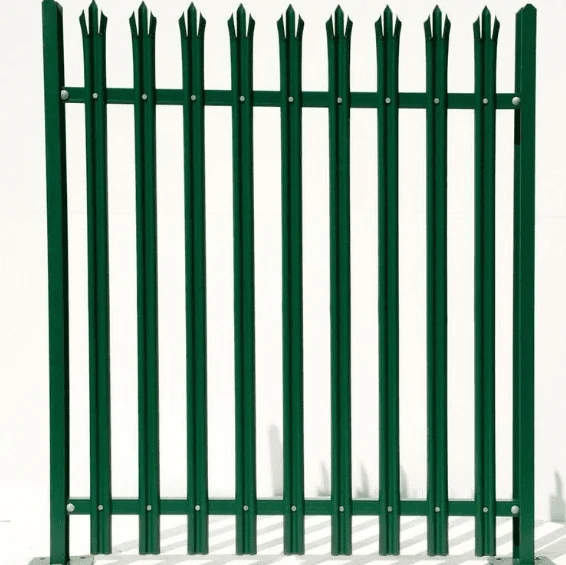
(sound barrier road)
FAQS on sound barrier road
Q: What is a sound barrier road?
A: A sound barrier road refers to a roadway equipped with noise-reducing structures, such as walls or fences, designed to minimize traffic noise pollution for nearby communities. These barriers are typically made of materials like concrete, metal, or transparent panels. They help improve the quality of life in adjacent residential or commercial areas.
Q: How effective are road sound barriers in reducing noise?
A: Road sound barriers can reduce noise levels by 5-15 decibels, depending on their height, material, and proximity to the noise source. They are most effective when placed close to the road and combined with other noise-reduction measures. Proper design and installation are critical for optimal performance.
Q: What materials are used for road noise sound barriers?
A: Common materials include concrete, metal, wood, and transparent acrylic or polycarbonate panels. Each material offers different balances of durability, cost, and noise absorption. Transparent variants are often used to maintain visibility while blocking sound.
Q: Can existing roads be retrofitted with sound barrier road systems?
A: Yes, existing roads can be upgraded with sound barriers, though installation depends on space availability and local regulations. Retrofitting may involve land acquisition or structural adjustments. Engineers assess site-specific conditions to determine feasibility.
Q: Do sound barrier roads require maintenance?
A: Yes, regular inspections and maintenance are needed to address wear, graffiti, or damage from weather or accidents. Materials like concrete may require less upkeep than metal or wood. Maintenance ensures long-term noise reduction effectiveness.
Recommended Products
Latest News About CHENG CHUANG
-
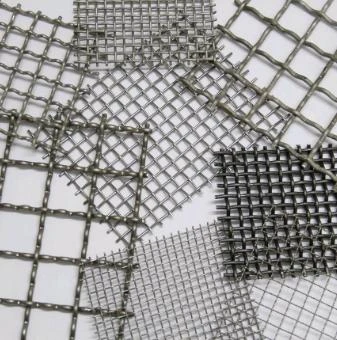 Wire mesh is durableWire mesh represents a cornerstone of modern industrial and agricultural solutions, offering unmatched versatility across countless applications.Read more >
Wire mesh is durableWire mesh represents a cornerstone of modern industrial and agricultural solutions, offering unmatched versatility across countless applications.Read more >Jul 11 2025
-
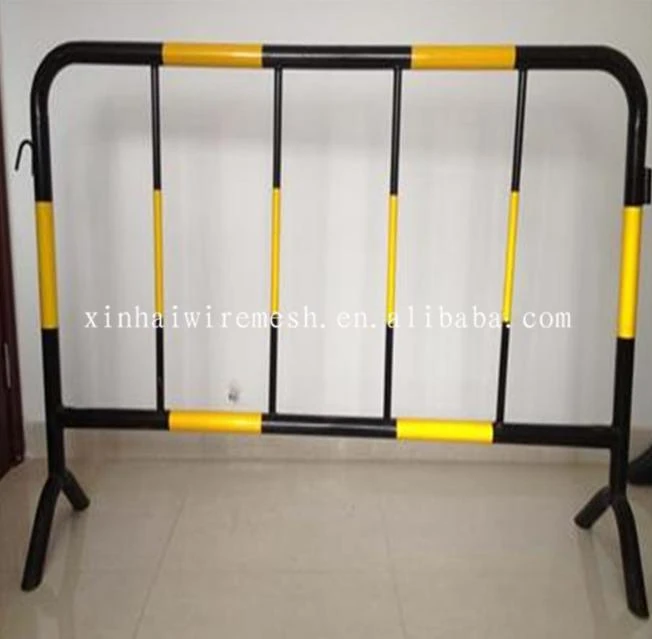 Safety barrier directs traffic flowIn high-risk environments, safety barrier systems stand as non-negotiable guardians against catastrophic incidents.Read more >
Safety barrier directs traffic flowIn high-risk environments, safety barrier systems stand as non-negotiable guardians against catastrophic incidents.Read more >Jul 11 2025
-
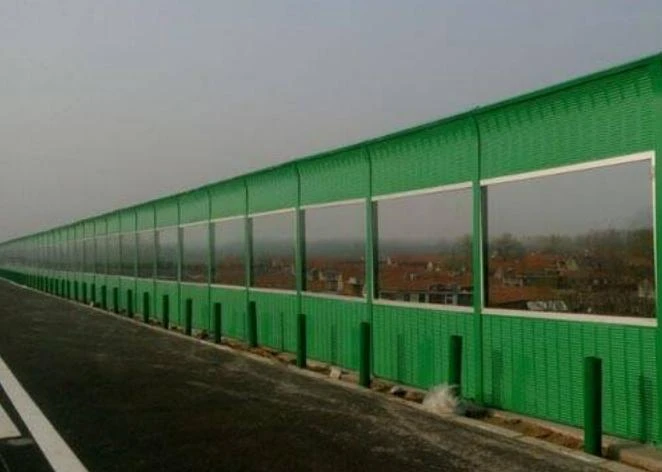 Modular Noise Barrier Eases InstallationUrbanization intensifies noise pollution, making noise barrier systems essential for preserving human health and tranquility.Read more >
Modular Noise Barrier Eases InstallationUrbanization intensifies noise pollution, making noise barrier systems essential for preserving human health and tranquility.Read more >Jul 11 2025
-
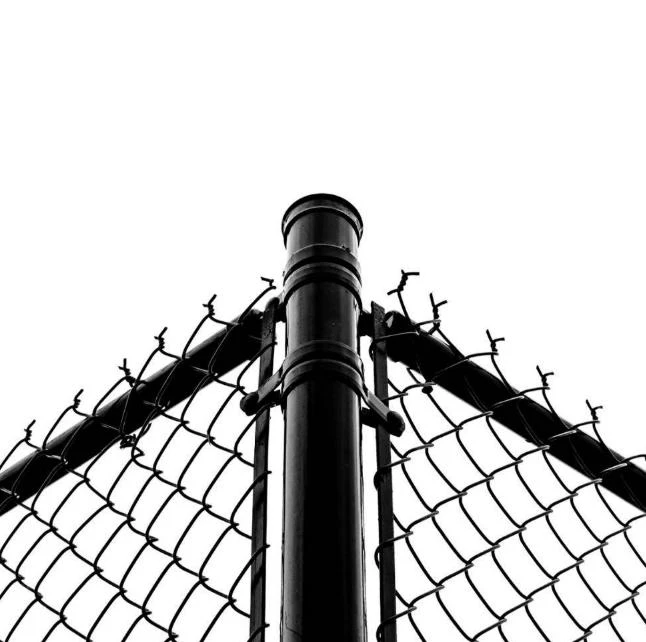 Metal fence types enhance securityMetal fence types form the backbone of modern perimeter security solutions worldwide.Read more >
Metal fence types enhance securityMetal fence types form the backbone of modern perimeter security solutions worldwide.Read more >Jul 11 2025
-
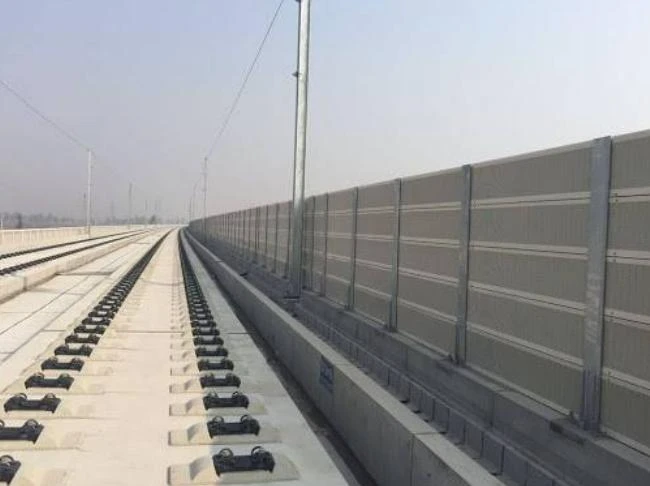 Crowd Control Barrier Manages Foot TrafficThe management of public gatherings demands precision, safety, and reliability, making crowd control barrier systems indispensable tools for organizers worldwide.Read more >
Crowd Control Barrier Manages Foot TrafficThe management of public gatherings demands precision, safety, and reliability, making crowd control barrier systems indispensable tools for organizers worldwide.Read more >Jul 11 2025
